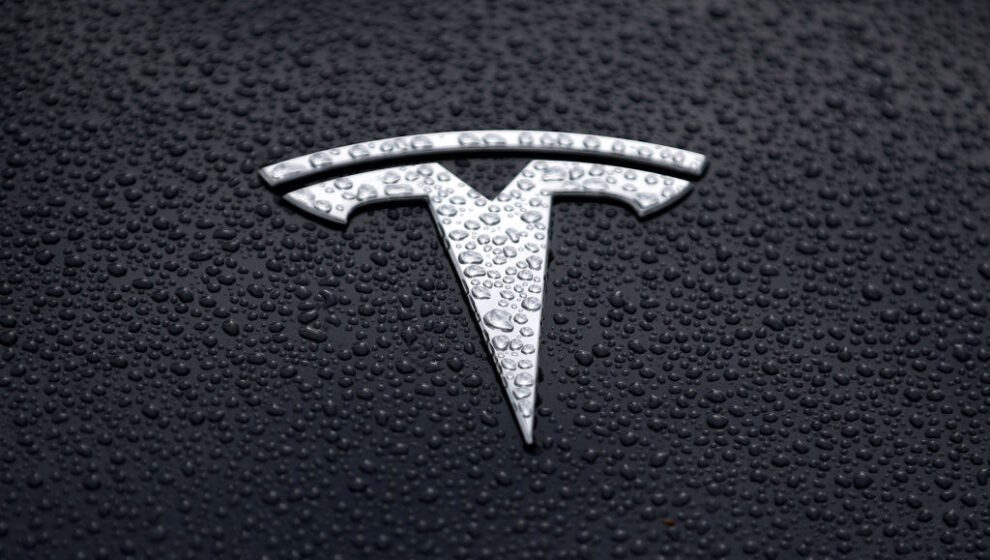After two years of delays, Tesla’s first electric vehicle (EV) truck has rolled out of its assembly plant in Texas.
Key Details
- Tesla revealed its prototype for Cybertruck on November 21st, 2019, making a mixed impression with its boxy electric truck and awkward reveal presentation.
- On Saturday, July 15, Tesla revealed that the first Cybertruck had been mass-produced from the company’s Tesla Gigafactory outside of Austin, Texas.
- Musk previously promised the first truck’s delivery between July and September, just in time for its upcoming second-quarter earnings call on July 19.
- The Cybertruck will reportedly provide 500 miles of range, 14,000 pounds of towing and hauling capacity, and cost between $60,000 to $70,000 new, according to Kelley’s Blue Book.
- Tesla stocks are up 2.9% from closing valuation on Friday.
Why It’s Important
The Cybertruck is one of the multiple projects that Tesla has struggled to deliver on time admit the challenges of the pandemic and subsequent shipping issues, such as its similarly ongoing Tesla Semi. Tesla previously promised production would begin in 2021, but repeated delays due to supply chain disruptions resulted in mass production being pushed off indefinitely.
It still remains to be seen when the general public will be able to purchase the vehicles. The company reaffirmed earlier this year that production would begin in the coming months and that volume production would begin in 2024. Customers who preordered a Cybertruck in 2019 may be eligible to pick their vehicle up by next year, but there is no clear guarantee for deliverables yet.
The Cybertruck will join a rapidly crowding market for EV trucks, including the Ford F-150 Lightning, Rivian’s R1T, and the GMC Hummer EV pickup.
As we previously reported, the past 12 months have been difficult for Tesla. The company saw notable investor pushback and stock devaluation in January amid CEO Elon Musk’s takeover of Twitter, with the company’s valuation dropping as the automaker failed the meet growth projections. The company has seen some improvement since, with a new deal with the Biden administration expanding its market share in the EV charging market.
